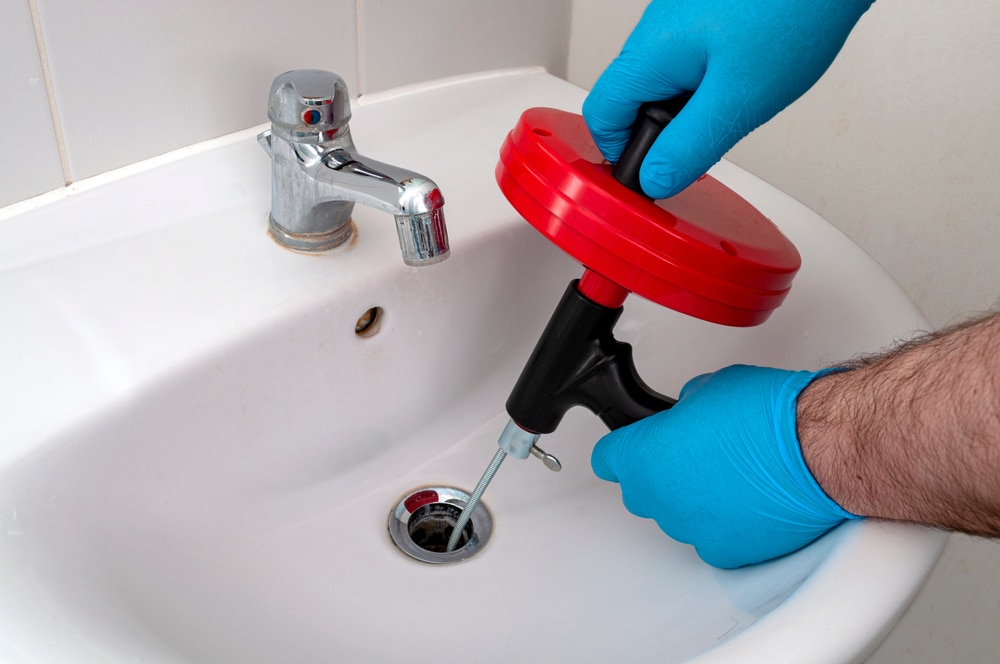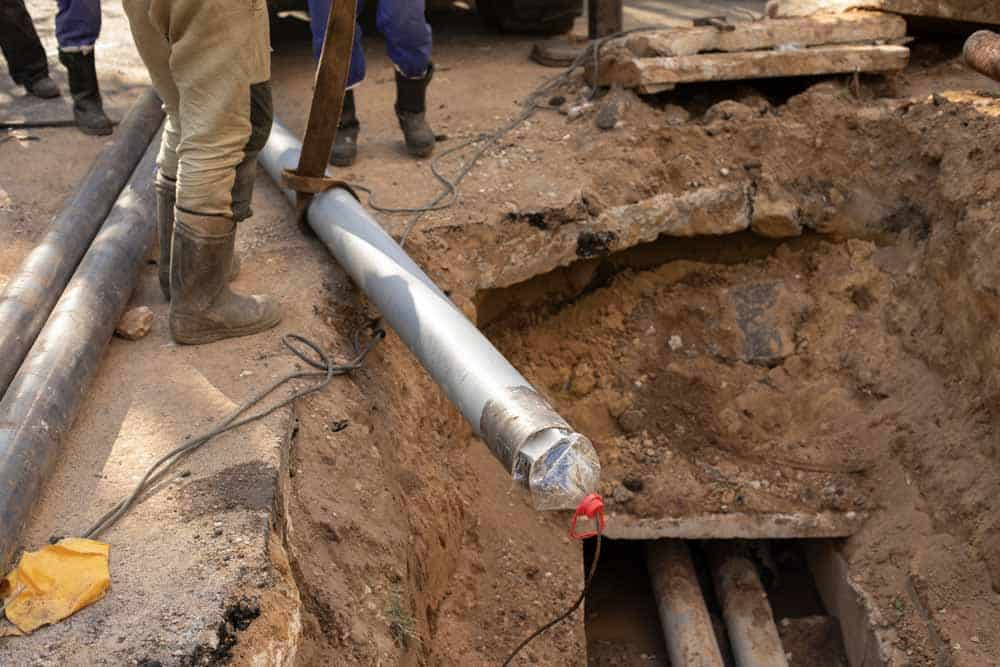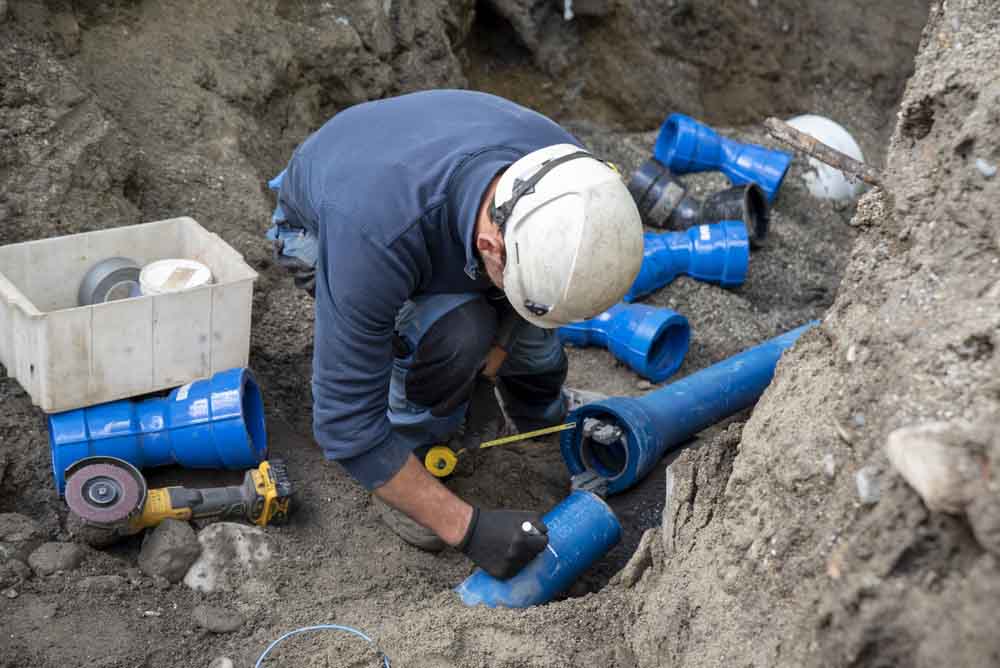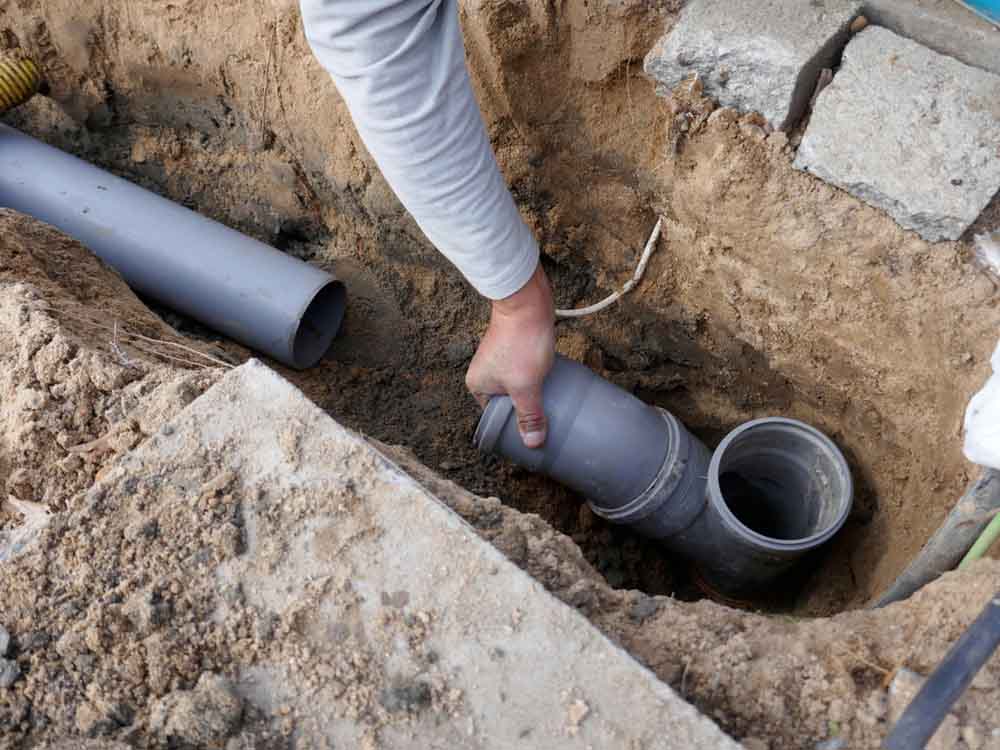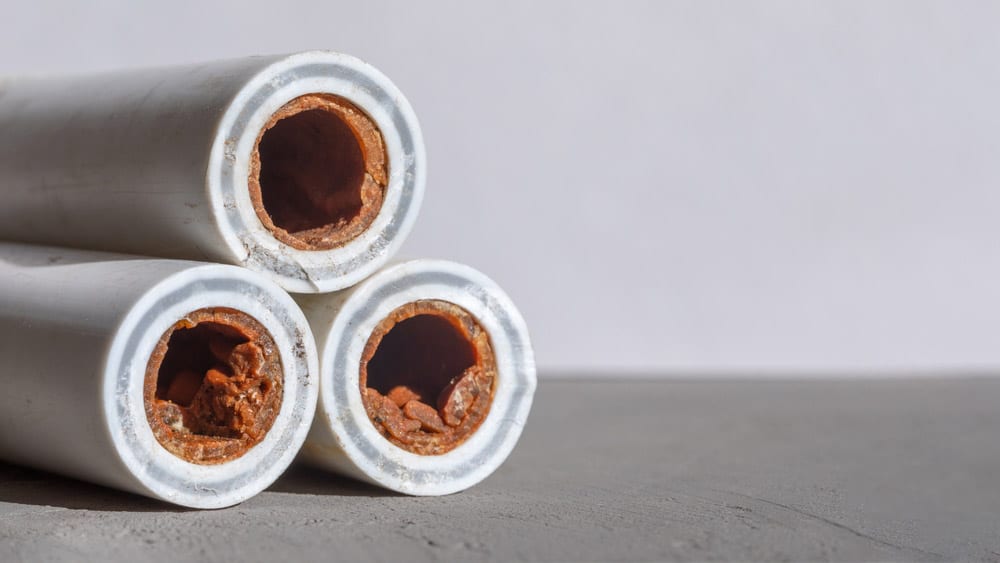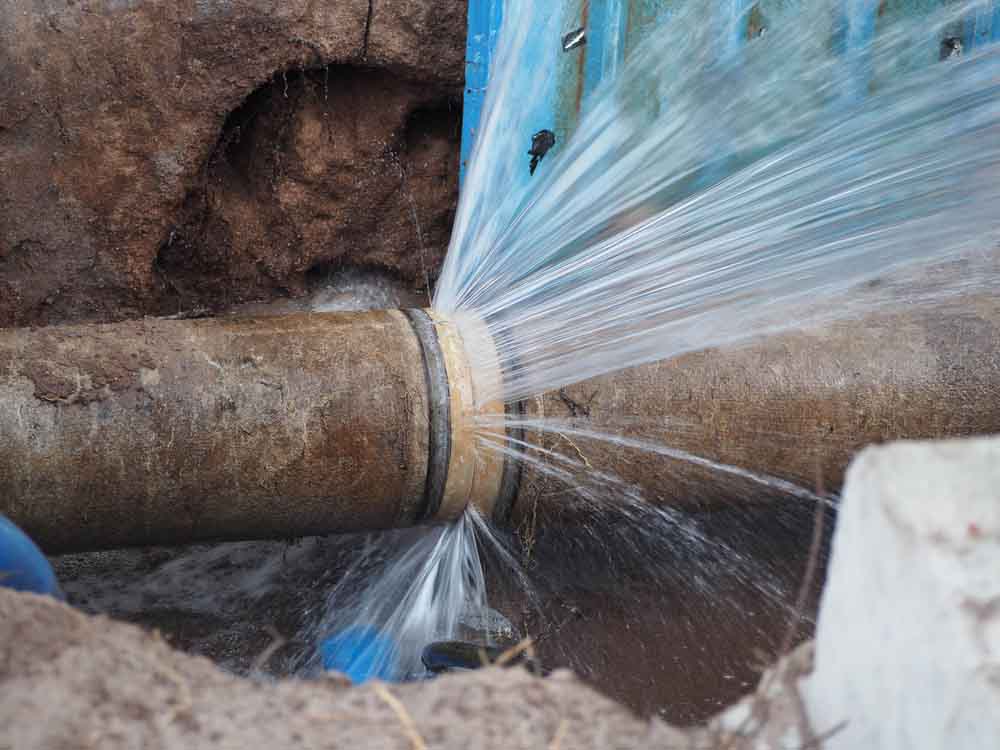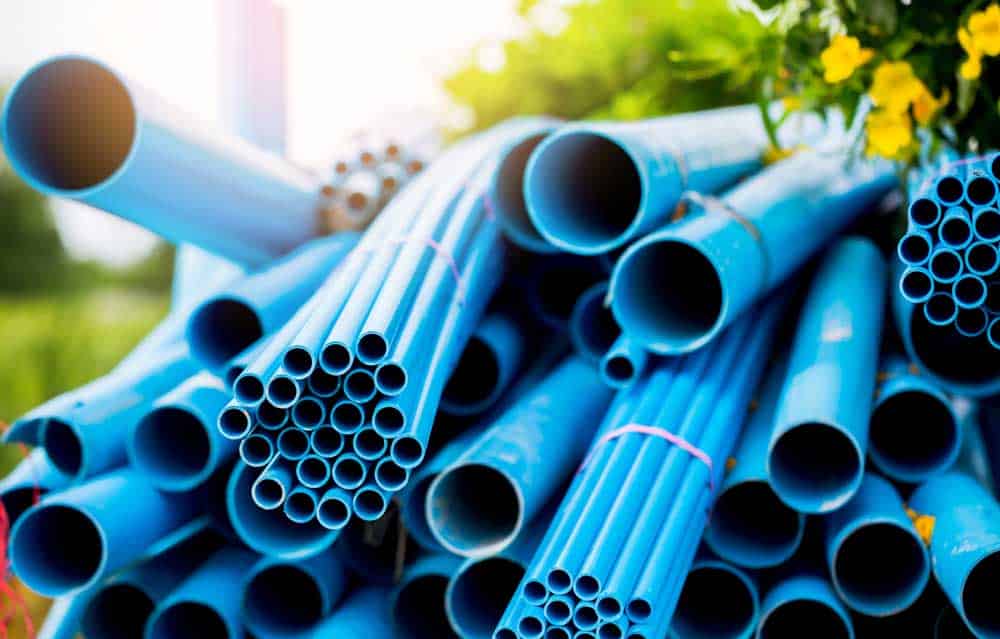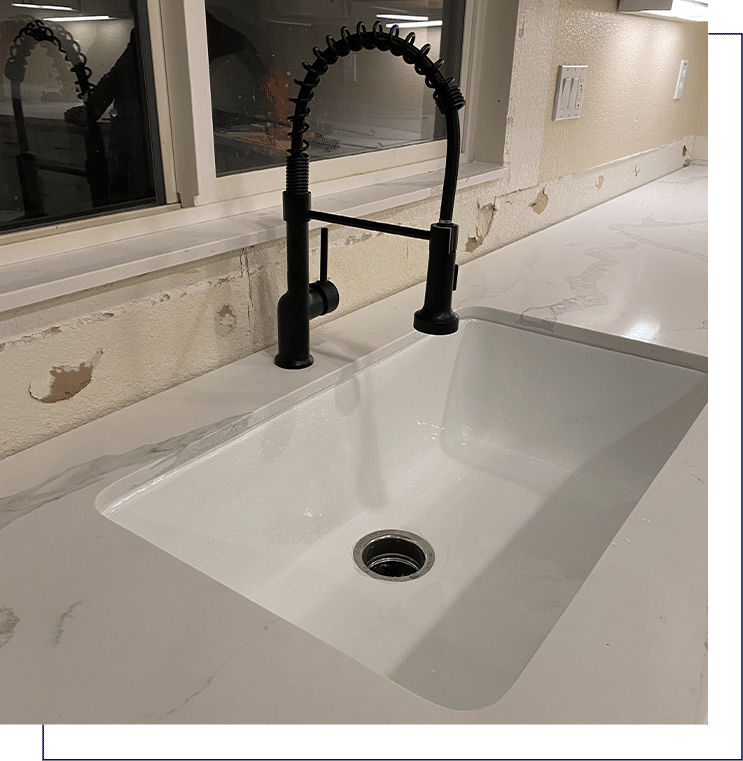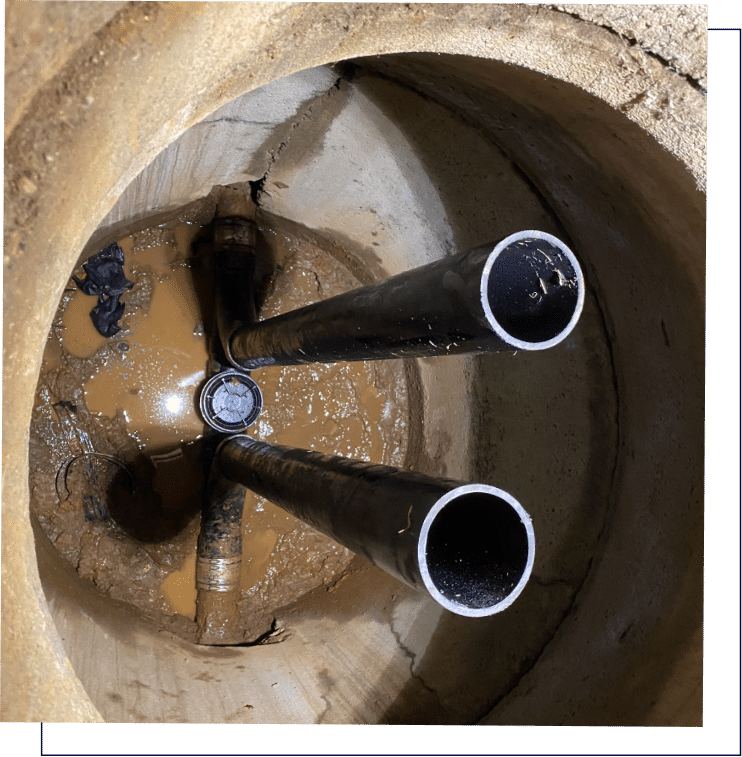As a homeowner in Citrus Heights, it’s important to keep up with regular maintenance to keep your home in good condition. One aspect of home maintenance that is often overlooked is drain cleaning. Regular drain cleaning can have numerous benefits for your home and family, from preventing clogs to improving indoor air quality. In this article, we’ll discuss why regular drain cleaning is so important and what you can do to ensure your drains stay clean.
What is Drain Cleaning?
Before we dive into why regular drain cleaning is important, let’s define what it is. Drain cleaning is the process of removing any buildup or blockages that are preventing water from flowing freely through your drains. This can involve using specialized tools and chemicals to remove debris or even removing parts of the drain system to access the blockage.
Why Regular Drain Cleaning is Important
Now that we know what drain cleaning is, let’s discuss why it’s so important to do it regularly.
Prevent Clogs
The most obvious benefit of regular drain cleaning is that it helps prevent clogs. Over time, debris such as hair, soap scum, and food particles can build up in your drains, causing blockages that prevent water from flowing freely. This can lead to slow draining sinks, toilets that won’t flush properly, and even sewage backups. Regular drain cleaning can help prevent these issues before they start, saving you time and money in the long run.
Improve Indoor Air Quality
Dirty drains can also lead to unpleasant odors in your home. As water sits stagnant in your pipes, it can start to emit a foul smell that can permeate throughout your home. Regular drain cleaning can help eliminate these odors, improving the overall indoor air quality of your home.
Reduce the Risk of Water Damage
Blocked drains can also lead to water damage in your home. When water can’t flow through your pipes properly, it can back up and overflow, causing water damage to your floors, walls, and ceilings. This can be especially problematic in areas like your basement or crawlspace, where water damage can go unnoticed for long periods of time. Regular drain cleaning can help prevent these types of water damage incidents.
Extend the Life of Your Plumbing System
Regular drain cleaning can also help extend the life of your plumbing system. When debris is allowed to build up in your drains, it can put additional strain on your pipes and cause them to wear out faster. By keeping your drains clean, you can help reduce this strain and ensure that your plumbing system lasts as long as possible.
Save Money
Finally, regular drain cleaning can save you money in the long run. By preventing clogs, reducing the risk of water damage, and extending the life of your plumbing system, you can avoid costly repairs and replacements down the road.
How Often Should You Clean Your Drains?
So, how often should you clean your drains? The answer depends on a variety of factors, such as the age of your home, the number of people living in your home, and your plumbing habits. As a general rule, it’s a good idea to have your drains professionally cleaned at least once a year. However, if you notice any signs of clogs or slow drainage, you may need to have them cleaned more frequently.
How to Keep Your Drains Clean
In addition to regular professional cleanings, there are several things you can do to help keep your drains clean on a day-to-day basis.
Use a Drain Strainer
One of the easiest ways to prevent clogs is to use a drain strainer in your sinks and tubs. These inexpensive devices catch hair, food particles, and other debris before they can go down your drain.
Avoid Pouring Grease Down the Drain
Another common cause of drain clogs is pouring grease down the drain. Grease can solidify and build up in your pipes, leading to blockages. Instead, dispose of grease in the trash or by recycling it.
Use Baking Soda and Vinegar
Baking soda and vinegar can be used to clean your drains naturally. Simply pour a cup of baking soda down the drain, followed by a cup of vinegar. Let the mixture sit for a few minutes, then flush it out with hot water.
Be Mindful of What You Flush
Finally, be mindful of what you flush down your toilet. Only flush toilet paper and human waste. Items like wipes, feminine hygiene products, and cotton balls should be disposed of in the trash.
Conclusion
Regular drain cleaning is an essential part of home maintenance that is often overlooked. By preventing clogs, improving indoor air quality, reducing the risk of water damage, extending the life of your plumbing system, and saving you money, there are numerous benefits to keeping your drains clean. Whether you hire a professional or do it yourself, it’s important to make drain cleaning a regular part of your home maintenance routine.
FAQs
1. Can I clean my drains myself?
Yes, you can clean your drains yourself using baking soda and vinegar, or by using a drain snake. However, for more serious clogs, it’s best to hire a professional.
2. How often should I have my drains professionally cleaned?
As a general rule, you should have your drains professionally cleaned at least once a year. However, if you notice any signs of clogs or slow drainage, you may need to have them cleaned more frequently.
3. How can I tell if my drains are clogged?
Signs of a clogged drain include slow draining sinks or showers, gurgling sounds, and unpleasant odors coming from your drains.
4. What should I do if my drains are clogged?
If your drains are clogged, you can try using a plunger or drain snake to remove the blockage. If this doesn’t work, it’s best to call a professional plumber.
5. Can clogged drains lead to health problems?
Clogged drains can lead to unpleasant odors and potentially hazardous mold growth, which can have negative effects on your health. Regular drain cleaning can help prevent these issues.



